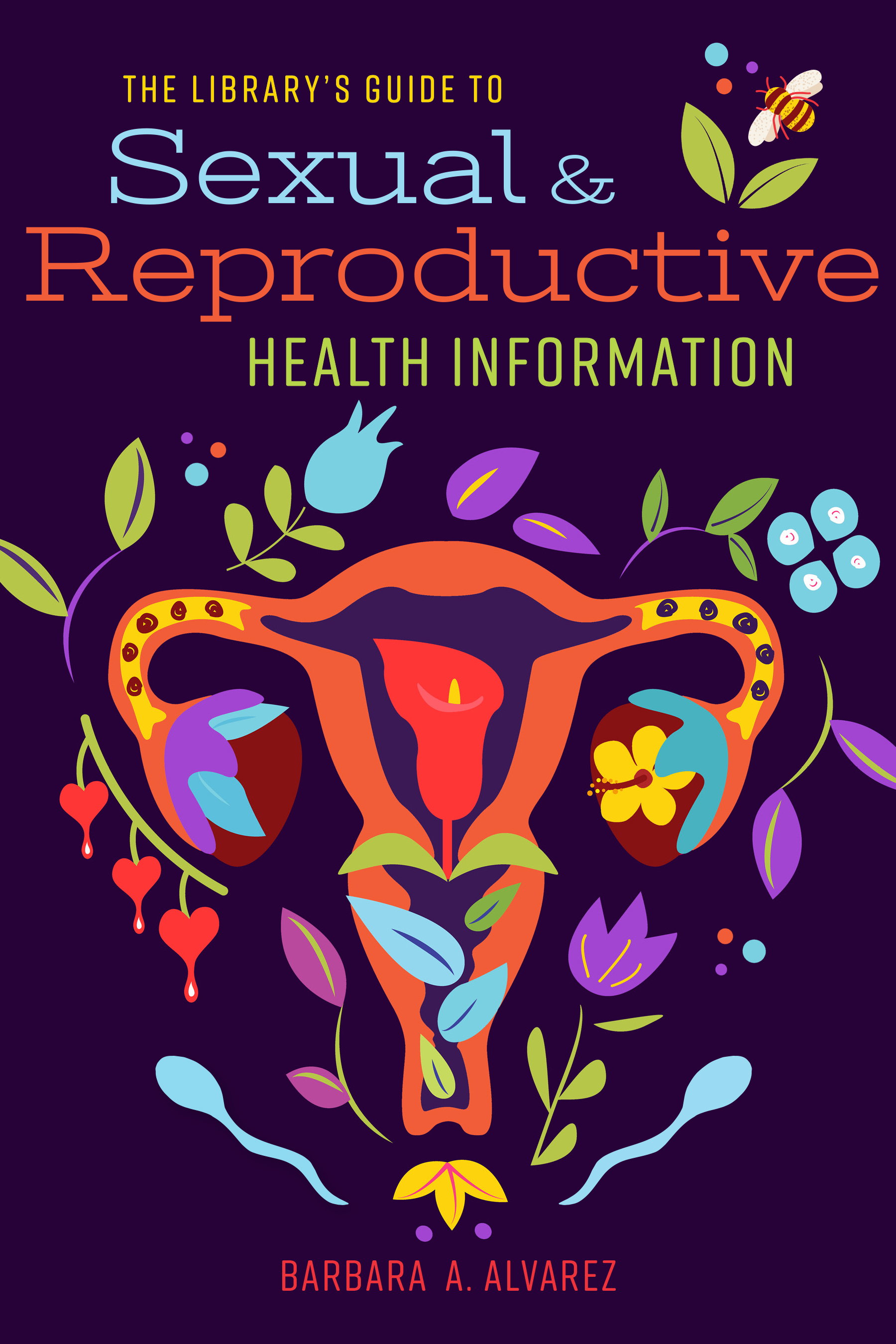Stigma in the Stacks? Providing Abortion Information
a guest post by Barbara A. Alvarez
 Does your library provide information about abortion? If not, it may be attributed to abortion stigma.
Does your library provide information about abortion? If not, it may be attributed to abortion stigma.
Before the U.S. Supreme Court ruled in Dobbs v. Jackson Women’s Health Organization that abortion was no longer constitutionally protected, I surveyed 179 public library professionals from twelve different states about the sexual and reproductive health information that they do or do not provide (Alvarez 2023). Many library professionals explained that they do not provide this information because it is not asked for by patrons. For example, one respondent explained, “We live in an extremely conservative community. Sexual health is simply not discussed. The result is an antiquated mentality even within the library.”
Five months after the Dobbs decision, I interviewed three librarians in Wisconsin about what it was like to provide abortion information in a state where abortion had been made illegal. I received feedback from librarians that described the post-Dobbs landscape: they replied that patrons may have “fear and uncertainty of how to protect [themselves] if [they] are seeking abortion services” (Alvarez 2022). Such apprehension about abortion information may be associated with abortion stigma.
Abortion stigma is defined as “the discrediting of individuals as a result of their association with abortion” (Norris et al., 2011). Even asking or providing information about abortion can be stigmatizing. After all, anti-abortion messaging is seen in our legislation, in the thousands of anti-abortion centers and billboards in communities across the country, and through legally mandated informed consent sessions that include medically inaccurate information (Shakouri 2017 & Guttmacher Institute 2023). Add library anxiety on top of that, and we shouldn't be surprised if people do not approach the reference desk asking about abortion.
However, one in four women will have an abortion by the time they are 45 years old (Wind 2017). This number does not include trans, nonbinary, and gender-nonconforming people who also have abortions. Simply put, abortion is common; just because people may not outright ask for information does not mean that they are not seeking resources. This was illuminated for me when I participated in a research study in which we analyzed conversations about abortion on a popular social media site. People seeking abortions asked one another about scheduling appointments, type of care available, and how to get financial support (Jacques et al, 2021).
While it is important to build collections based on what our community needs are, we should also provide resources for information that people may not feel comfortable requesting. It will be necessary for you to research what the status of abortion is in your state and what information you can provide accordingly. In addition to looking at books to add to your collection, you may want to include additional information sources.
Here are some steps/resources that I recommend:
- Guttmacher Institute: Stay updated on the facts. You can see state legislation, infographics, and an overview of policies. https://www.guttmacher.org/
- National Abortion Federation: People can find out about financial assistance available in their state, find providers, and learn information about abortion. https://prochoice.org/
- Abortion Funds: See if there are abortion funds in your community. https://abortionfunds.org/
- If/When/How: Lawyering for Reproductive Justice: Includes a helpline, information about judicial bypasses, and rights for individuals about abortion. https://www.reprolegalhelpline.org/
- SisterSong Women of Color Reproductive Justice Collective: Learn about Reproductive Justice, its history, and how it brings social justice into reproductive health care. https://www.sistersong.net/reproductive-justice
- Plan C Pills: There has been a lot of confusion about abortion medication. Plan C Pills provides the facts about abortion medication, its availability, and related support resources. https://www.plancpills.org/
You may want to compile these and other resources in brochures, on your library’s website, or signage in-the-stacks. Don’t be afraid to look at local organizations to see if you can partner with them for evidence-based information on brochures and at events. As library professionals, we can help destigmatize abortion by providing information access to all.
Alvarez, B. (2022, November 22). Libraries: Where abortion access and book bans collide. The Progressive Magazine. Retrieved from https://progressive.org/latest/libraries-abortion-book-bans-collide-alvarez-281122/
Alvarez, B. (2023). Sexual and reproductive health information and services in public libraries: a national survey of public library professionals. Public Library Quarterly. 43(3).
https://www.guttmacher.org/state-policy/explore/counseling-and-waiting-periods-abortion
Guttmacher Institute. 2023. “Counseling and Waiting Periods for Abortion.” Guttmacher Institute. May 1, 2023. https://www.guttmacher.org/state-policy/explore/counseling-and-waiting-periods-abortion
Jacques, L., Carpenter, E., Valley, T., Alvarez, B., & Higgins, J. (2021). Medication or surgical abortion? An exploratory study of patient decision making on a popular social media platform. American journal of obstetrics and gynecology, 225(3), 344–347. https://doi.org/10.1016/j.ajog.2021.05.011
Norris, A., Bessett, D., Steinberg, J. R., Kavanaugh, M. L., De Zordo, S., & Becker, D. (2011). Abortion stigma: a reconceptualization of constituents, causes, and consequences. Women's health issues : official publication of the Jacobs Institute of Women's Health, 21(3 Suppl), S49–S54. https://doi.org/10.1016/j.whi.2011.02.010
Shakouri, S. (2017, August 7). What is a crisis pregnancy center? How do they push alternative facts? Reproaction. Retrieved from https://reproaction.org/what-is-a-crisis-pregnancy-center/
Wind, Rebecca. 2017. “Abortion Is a Common Experience for U.S. Women, despite Dramatic Declines in Rates.” Guttmacher Institute. November 22, 2017. https://www.guttmacher.org/news-release/2017/abortion-common-experience-us-women-despite-dramatic-declines-rates.

